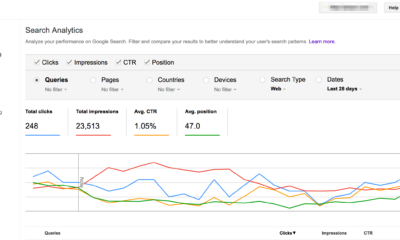We know that OpenAI has been making big strides with its chatbot named ChatGPT which will be the biggest chatbot powered by OpenAI’s GPT 4 model very soon. It is also to be noted that Microsoft has invested significantly in the future of OpenAI and ChatGPT which means that they are betting big on its potential which is already showing a lot of promise. Now, OpenAI has decided to drop the requirement to use ChatGPT which needed a user to login to use the free version. That requirement has now been removed which means you can use the free version of ChatGPT while being logged out.
However, as with all the free things, there is a catch to the free version without signing in. OpenAI says that if you are not logged in, there will be restrictions to the free version of ChatGPT. When asked by TechCrunch about these restrictions, OpenAI spokesperson said:
“The signed out experience will benefit from the existing safety mitigations that are already built into the model, such as refusing to generate harmful content. In addition to these existing mitigations, we are also implementing additional safeguards specifically designed to address other forms of content that may be inappropriate for a signed out experience.
We considered the potential ways in which a logged out service could be used in inappropriate ways, informed by our understanding of the capabilities of GPT-3.5 and risk assessments that we’ve completed”.
It is also a concern and the reason why logging in was introduced was because people will now use the no sign-in requirement to abuse ChatGPT as much as they want since there is no IP-based tracking which could restrict its usage. Looks like OpenAI has that figured out judging by the response from their spokesperson when asked about it.
To this, they responded saying that “We’ve also carefully considered how we can detect and stop misuse of the signed out experience, and the teams responsible for detecting, preventing, and responding to abuse have been involved throughout the design and implementation of this experience and will continue to inform its design moving forward”.

 Domains4 years ago
Domains4 years ago
 Business4 years ago
Business4 years ago
 How To's5 years ago
How To's5 years ago
 Domains3 years ago
Domains3 years ago
 How To's5 years ago
How To's5 years ago
 Business4 years ago
Business4 years ago
 How To's4 years ago
How To's4 years ago
 Domains3 years ago
Domains3 years ago








